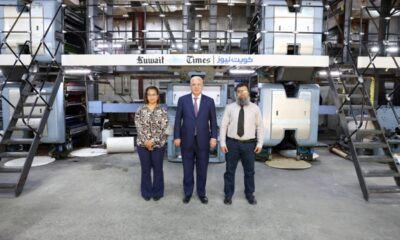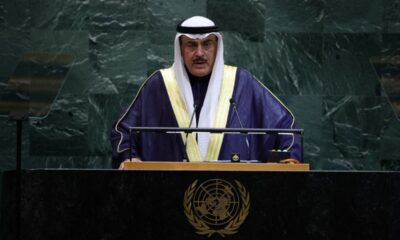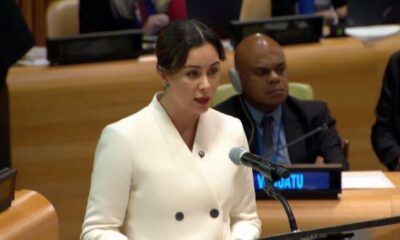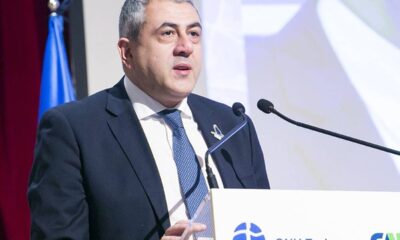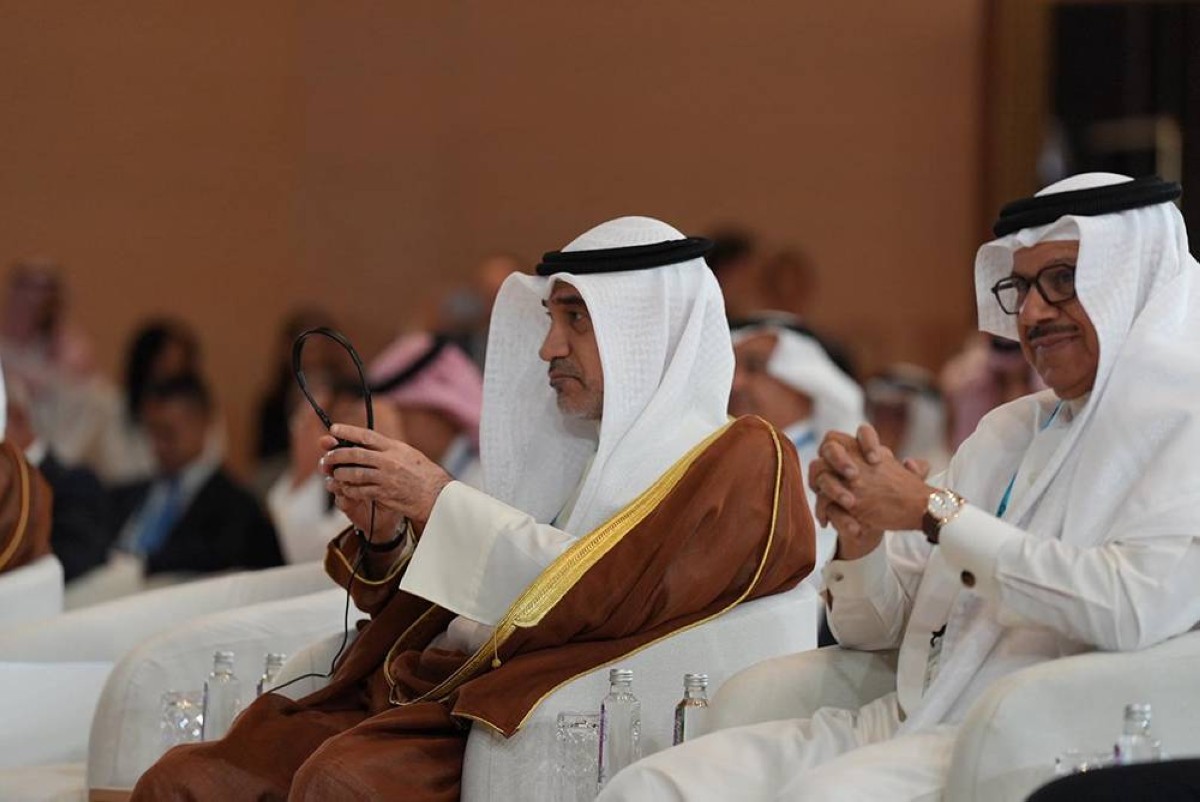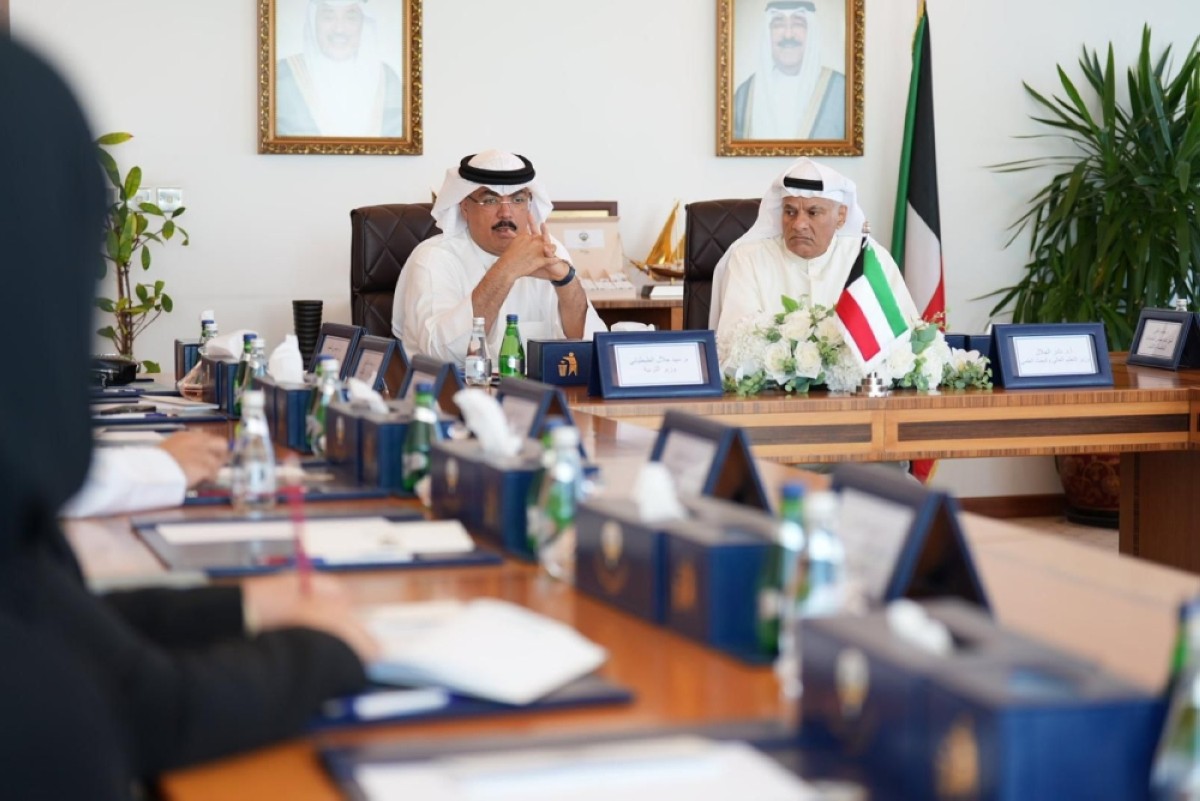KUWAIT: The Central Bank of Kuwait announced Friday that Fitch Ratings- one of the big three credit rating agencies, affirmed Kuwait’s long-term foreign-currency issuer default rating (IDR) at ‘AA-‘ with a stable outlook.
A CBK statement, received by KUNA, carried the following highlights from Fitch report:
Kuwait’s ‘AA-‘ rating is supported by its exceptionally strong fiscal and external balance sheets, but is constrained by weaker governance than peers, heavy dependence on oil and its generous welfare system and large public sector, which could be a source of long-term fiscal pressure, despite spending rationalisation efforts. The prospects remain uncertain for meaningful structural reforms to reduce reliance on oil revenue, although legislation has been approved to allow debt issuance and improve fiscal financing flexibility.
According to the Fitch’s report, Kuwait’s external balance sheet remains the strongest of all Fitch-rated sovereign. “We forecast its sovereign net foreign assets will rise to 607 percent of GDP in 2025, from an estimated 576 percent in 2024, more than 10x the ‘AA’ median,” reads the report.
“The bulk of assets are held in the Future Generations Fund managed by the Kuwait Investment Authority (KIA), which also manages the assets of the General Reserve Fund (GRF), the government’s treasury account.”
On the reforms, the agency said that the Kuwaiti government has begun implementing reforms that had stalled under previous administrations due to legislative gridlock. The government has approved a financing and liquidity law, allowing debt issuance for the first time since the previous law expired in 2017. The new law outlines plans to raise KD 30 billion (about $100 billion), equal to about 60 percent of GDP over the next 50 years. This will help alleviate pressure on the General Reserve Fund (GRF), support the development of local capital markets, establish a benchmark yield curve and support development projects.
It projected a surplus of 10 percent of GDP in FY25, up from 8.9 percent in FY24. It also expected the budget deficit to widen to 5.6 percent of GDP in FY25 (from 2 percent in FY24), compared with the projected ‘AA’ median of 2.6 percent, despite spending rationalisation efforts.
“We expect expenditure to rise, largely reflecting the government’s drive to execute delayed capital projects, but to remain below 51 percent of GDP. Revenue will continue to decline due to a drop in oil revenue from lower prices, although the OPEC+ decision to unwind production quotas from 2Q25 should mitigate this loss,” it added. “We project a drop of about 3 percent of GDP over FY24, with non-oil revenue rising modestly. Our FY25 forecast assumes about 70 percent of the deficit will be financed through domestic and external borrowing, with the remainder covered by GRF assets.”
It expected the resumption of debt issuance, combined with projected fiscal deficits and lower oil prices, to increase government debt/GDP from 2.9 percent in FY24 to nearly 12 percent in FY27. “Nonetheless, we expect debt to remain well below the projected 2027 ‘AA’ median of 52.4 percent of GDP,” added the agency.
It projected that the real GDP to return to growth in 2025, expanding by 1.7 percent, after two consecutive years of contraction driven by OPEC+ oil production cuts. “We forecast annual inflation will remain below 3 percent in 2025-2027, although the central bank may be cautious about additional rate cuts given rising geopolitical risks,” it stated.
The agency noted that conflicts in the Middle East and disruptions to Red Sea shipping have had a minimal impact on Kuwait, which has large government assets that provide an important buffer to support the economy if tensions were to escalate.
However, hydrocarbon dependence weighs on Kuwait’s rating, rendering budgetary outcomes highly sensitive to oil prices.
The London-based agency noted that Kuwait has an ESG Relevance Score (RS) of ‘5[+]’ for Political Stability and Rights and the Rule of Law, Institutional and Regulatory Quality and Control of Corruption.
“These scores reflect the high weight that the World Bank Governance Indicators (WBGI) have in the country’s proprietary Sovereign Rating Model. As Kuwait has a percentile rank above 50 for the respective governance indicators, this has a positive impact on the credit profile,” it pointed out. – KUNA


 Latest News21 hours ago
Latest News21 hours ago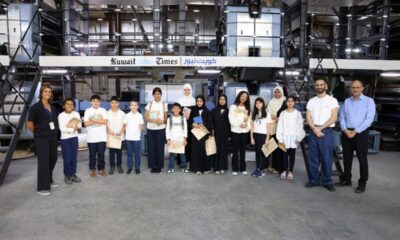
 Latest News23 hours ago
Latest News23 hours ago
 Politics7 hours ago
Politics7 hours ago
 Business14 hours ago
Business14 hours ago
 Latest News14 hours ago
Latest News14 hours ago
 Latest News12 hours ago
Latest News12 hours ago
 Politics3 hours ago
Politics3 hours ago
 Latest News3 hours ago
Latest News3 hours ago
